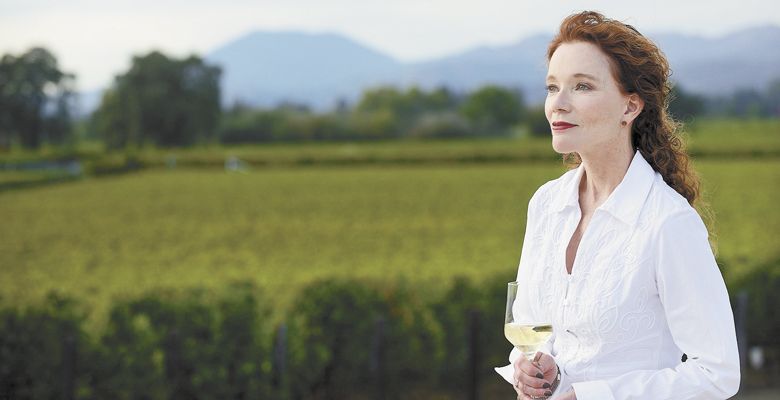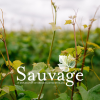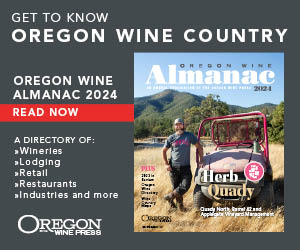Testament to Talent
Author a missionary of world wine
Karen MacNeil is a renowned author, journalist, wine educator and consultant; and she has the awards to prove it. Having earned the “Wine and Spirits Professional of the Year” (James Beard Foundation) and the “Global Wine Communicator of the Year” (International Wine and Spirits Association), among others, MacNeil is the only American to be honored with every major wine award in the English language.
MacNeil is also considered one of the nation’s top wine presenters. Her customized TED-like talks are accompanied by hand-selected wines. On camera, she’s been a wine correspondent for “The Today Show” and a host of the PBS series “Wine, Food and Friends with Karen MacNeil,” for which she won an Emmy.
Her award-winning book, “The Wine Bible,” is the single best-selling wine book in the U.S. She’s written articles on wine and food in more than 50 newspapers and magazines, including The New York Times, Town & Country, Elle and Worth. MacNeil was the first food and wine editor of USA Today and currently hosts #SipWithKaren, the leading Twitter tasting, which has global following.
Her firm, Karen MacNeil & Company, arranges customized corporate events and wine tours around the world for companies and individual groups. Among MacNeil’s corporate clients are Lexus, Merrill Lynch, Disney, General Electric, UBS and Singapore Airlines, as well as numerous law and biotech firms.
In addition, she is the creator and chairman emeritus of the Rudd Center for Professional Wine Studies at the Culinary Institute of America in Napa Valley.
Can you describe how and when your wine journey began?
At age 15, I started having a glass of wine with dinner. I bought the wine myself, but because I was afraid to really go completely into the wine shop, I just bought anything they had in the 89-cent bin near the front of the store.
What is your favorite section in “The Wine Bible?”
The first section, called Mastering Wine, is exactly what I wished I had when I was learning.
What’s been the biggest change since you wrote the first edition?
The number of people who love wine and want to learn about it. The audience for wine is huge — and hugely passionate.
What are some wine regions and varieties that no one had heard of 15 years ago?
Slovenia — fantastic wines — and the Republic of Georgia, which is making wines as they were a thousand years ago. I recently tasted some Saperavi, a full-bodied, savory dark red wine, from Moldova and Republic of Georgia that were unusual.”
Have you tasted many Oregon wines? If so, what is your overall impression?
The Oregon chapter was the very FIRST chapter I completely rewrote when I started on the second edition of “The Wine Bible” — I wrote the French chapter second. I’d been to Oregon a number of times over the years to write various magazine articles. A book requires a different kind of study, and my sense was that Oregon had changed a lot since the first [edition] came out in 2001. And, wow, what a difference.
Oregon has definitely come into its own. I spent five days mostly in the Willamette to do the updated research. Each morning, I toured around the appellations with Tony Soter, David Adelsheim, Harry Peterson-Nedry and Ken Wright, who provided deep insights into geology and viticulture. Then, every afternoon, I tasted wine with dozens of vintners in small group settings. I think we tasted close to 150 Pinot Noirs alone that week. At night, I visited various wineries. It was a tour de force of education about one of America’s greatest wine regions.
Any Oregon favorites?
Hmmm. I am a big fan of Oregon wines — especially the Pinots. The list would be long.
Would you ever want to own a winery?
I have extremely close friends who own wineries and I know how hard it is. The emotional, physical and financial demands are substantial. For my part, I don’t want to own a winery — not because it’s hard —but because I love being a generalist — possibly, one of the last generalists around. I love making global connections… thinking about what was happening in the world of wine in, say, Hungary and Argentina, when Oregon was also on its stellar rise. The older I get, the more I see those connections. It’s profoundly exciting because, in the end, the fine wine business is one business no matter where in the world it exists.








